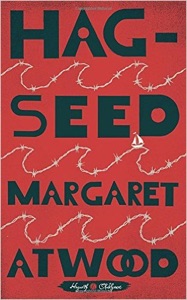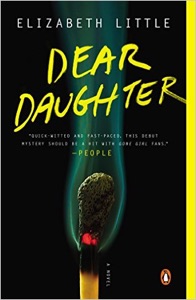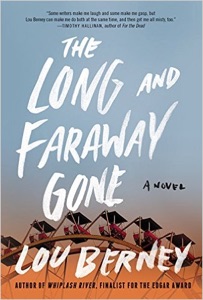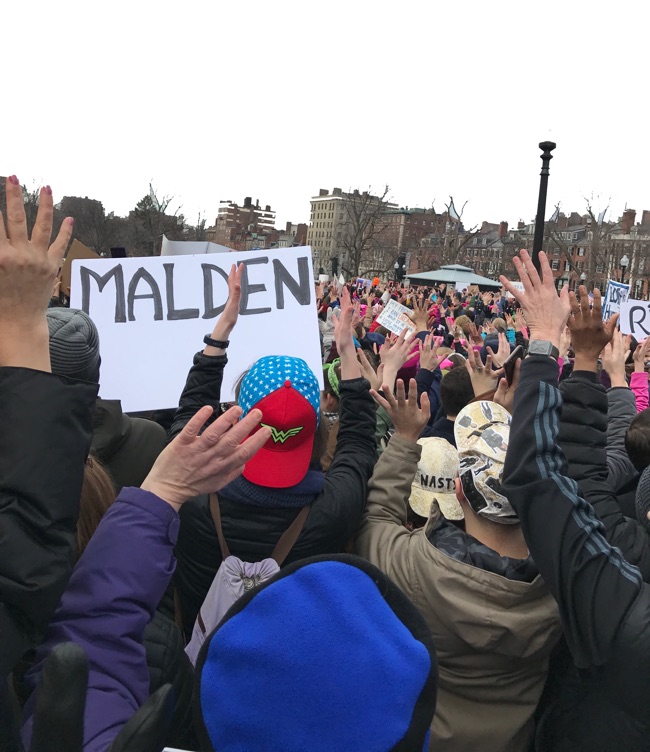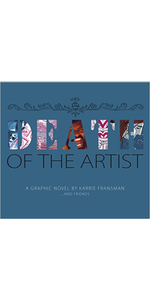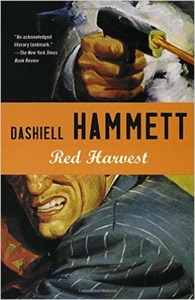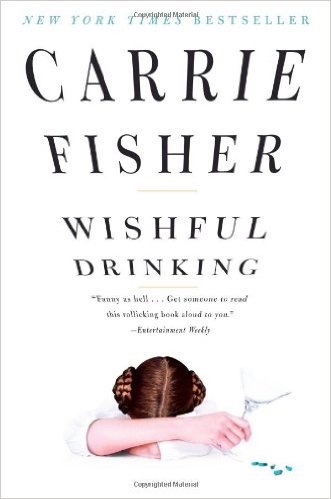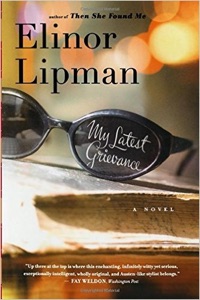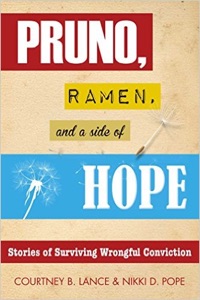Amy Poehler explained a lot about how much work goes into being funny, but some people make you smile without years of training and practice. (Amy Poehler was probably like that before all those years of improv, but hardly anybody knew that.). But the strangest comedy highlight has got to be Kennedy Steve, an air traffic controller with a big fan base.
Seriously! This guy is a traffic cop, sorting out airplanes that aren’t even flying yet, just taxiing to and from their gates. Most of the time, he’s telling people to wait. Occasionally, he’ll ask someone to hurry up. Mostly, he gives planes cryptic instructions for taxiing through the big airport.
Jet Blue 359, after the RJ, you can continue on to ALPHA all the way to KILO-ECHO. ’Cause you’re the next to go.
But he’s infectiously funny. When he’s working a shift, he’ll be the most listened-to channel at LiveATC. At least two separate people condense his traffic alerts to take out the pauses between calls, type out transcripts and upload them to Youtube where they regularly get tens or hundreds of thousands of listeners. (There are also lesser stars – grumpy Kennedy Jack and enthusiastic Boston John – but Kennedy Steve is clearly the big draw.)
What makes Kennedy Steve funny? I’ve been trying to work it out. I have a few ideas:
Mock Epic: A subtext of air traffic control is always the risk of terrible accidents, but most interactions involve minor annoyances and small delays. The context of these annoyances, however, is a power struggle between airline pilots (who are Masters Of Their Craft) and controllers (who are telling those Masters where to go, which is something they cannot be expected to enjoy). Kennedy Steve systematically exaggerates the challenges and delays and vexations while making light of them. When bad weather shuts down a big airport somewhere and lots of departing flights have to wait, he doesn’t just tell them to wait – he tells them to “call Clearance for an incredibly creative re-routing!” When the gate supervisors are clogging up the taxiways, he tells pilots that “your ramp is simply stellar!”
Heroic Struggle: The Roadrunner always has the Coyote and Acme Industries. Steve has tugs — the vehicles push and tow airplanes at the gate. Like planes, tugs need to get permission from Ground Control to go places. Steve is always complaining about the tugs, because they dawdle on his taxiways or don’t listen to their radios. Especially super tugs. Steve loves to complain that super tugs aren’t very super. It’s an eternal struggle, and that’s funny.
Funny Names: Taxiways are designated by letters. Because it’s very hard to hear letters accurately, controllers use the phonetic alphabet, and avoid using initials for anything else. This is a problem when you want someone to follow the MD-80 ahead of them, so controllers sometimes call that airplane a “Mad Dog”. Steve tells pilots to “Follow the angry puppy and contact the tower.”
NetJet flights are “the 1%.” During the USAir/American merger, flights that used one airline’s flight number but the other airline’s paint were “in disguise.”
Schtick: Steve doesn’t have a ton of jokes, but he has some running gags. Like the funny names, these give people permission to laugh.
Because of the way the airport is set up, some British Airways (callsign “Speedbird”) flights have to ask special permission to push back from their gate. The typical interchange is:
BA17: Kennedy Ground, (this is) Speedbird 17 requesting pushback.
Ground: Speedbird 17, Kennedy Ground. Pushback onto ALPHA approved.
BA17: Which direction do you want us to face? Speedbird 17.
Ground: Oh, face the front of the aircraft, sir! If you sit facing the rear, the people in back get frightened. But the plane can face SW.
It’s generally BA – I think I’ve heard it with Quantas, too. I don’t know if it’s limited to specific pilots. It’s not that funny, and it’s only a joke once, but the running gag quality sells the rest of it.
Discipline: Occasionally, people break rules, or things get fouled up. That’s always fraught, but Steve tends to finesse this by making fun of a common enemy. During rush hour when Steve is trying to get everyone parked or to the runway efficiently, there’s always some plane that has no gate and no place to go.
Plane: We’re gonna have to wait somewhere until the gate opens up.
Ground: Stellar!
Plane: Where’d you like us to wait?
Ground: Atlanta?
When pilots talk to air traffic controllers, the convention is that they identify who they’re calling (in case they’re on the wrong frequency) and who they are (because one controller is dealing with lots of planes). Inevitably, someone forgets.
Unknown Plane: Ground?
Ground: Plane?
But Steve makes an exception for his natural enemy, the tug: if a tug does something wrong, it’s a Big Deal and Steve will threaten to punish them by sending them the long way around.
I still don’t know how he does it.

